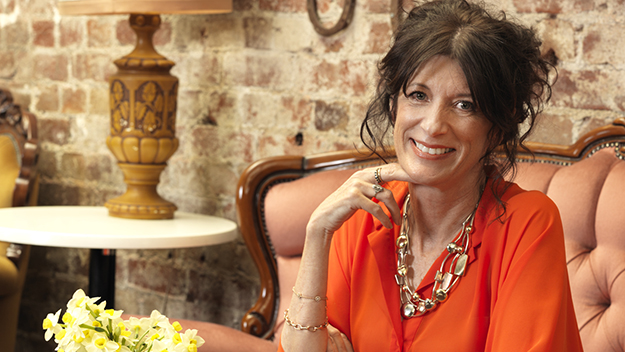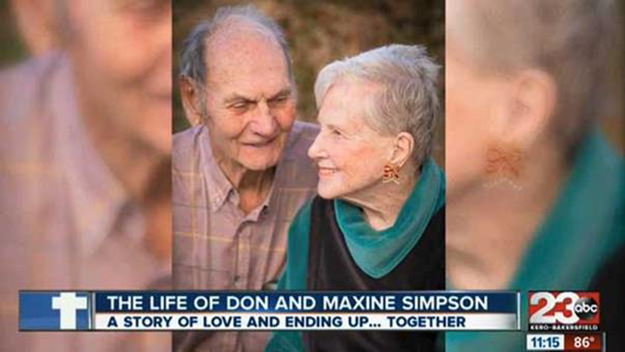Mother of four Christine Durham finally felt like her life was on the up when a negligent driver slammed into her car, leaving her with devastating brain injuries.
The crash forced Christine’s vehicle into a telegraph pole, smashing her ribs in dozens of places and unable to read, write or communicate.
“It took 40 minutes for rescue workers to cut me out of my car, and a week for me to wake up after my accident,” Christine says.
“I was really crook, I had 42 breaks in my chest alone, and I woke in agony. I couldn’t communicate with the outside world.”
Christine spent five weeks in hospital, and kept telling herself she would return to normal when she went home. She was wrong.
“When I got home I felt lost, like I didn’t know who I was,” she says. “I couldn’t find anything around the house, and I certainly wasn’t the ‘old me’.”
Anxious for her life to return to normal, Christine went back to her job as a primary school teacher just seven weeks after the crash.
“I was desperate to get back to teaching, thinking that would spark something in my memory about my life before the accident,” she says.
“Of course I couldn’t read or write anymore, so my lessons weren’t exactly conventional. I was hooked on exploring the philosophy of thinking, and began using objects to guide my students to learn to use their brain in another way.”
Without realising it Christine had begun her recovery too, and began keeping a diary of her progress, which would later be published by Penguin as a book, Doing Up Buttons.
“I wanted to give other people suffering from a brain injury a guide, a compass for recovery,” she says. “Isolation is something people with brain injuries feel in spades, and this was my way of reaching out.”
Not content with one publication, Christine has now written three more books and most impressively, a 500,000-word PhD thesis.
“I still have double vision when I look at a computer screen and I can only type with one finger so completing my thesis was a slow process,” she says.
Christine’s doctoral thesis explores life after brain injury for 36 people and some of their carers, providing valuable insight into their daily struggle to communicate and be understood.
“We feel ashamed of our injury,” she says. “To acknowledge that your brain is damaged is to admit to being slow, to admit to being mad.
“There is nothing worse that telling someone what is wrong with you, as there is such a huge stigma attached to our injuries.”
Christine’s tireless advocacy for people with brain injuries led to her being awarded the Victorian Senior of the Year 2014, meaning she is a finalist for the national award.
“I was nominated by a young man with a brain injury who found my book useful, and helped me fundraise to have more copies circulated,” she says.
“I’m certainly not in this sphere for the money, all my work and travel is self-funded, but I love what I do and am passionate about getting more people to understand brain injury.
“Through my thesis I learnt many people have been damaged twice: once by their injury, and a second time by the system. I want to change that.”
Today, 22 years after her accident, Christine, now 69, says she feels more like her ‘old’ self than ever before, and has no plans on slowing down.
“After I was injured, the only thing that kept me going was my youngest son [then 15]patting me on the knee,” she says. “That simple act kept me alive.”
These days she works constantly but says she is just making up for lost time.
“I plan on working until I am at least 85! It is such a thrill to be able to help people. Having a brain injury is both the best and worst thing that has happened to me.”


